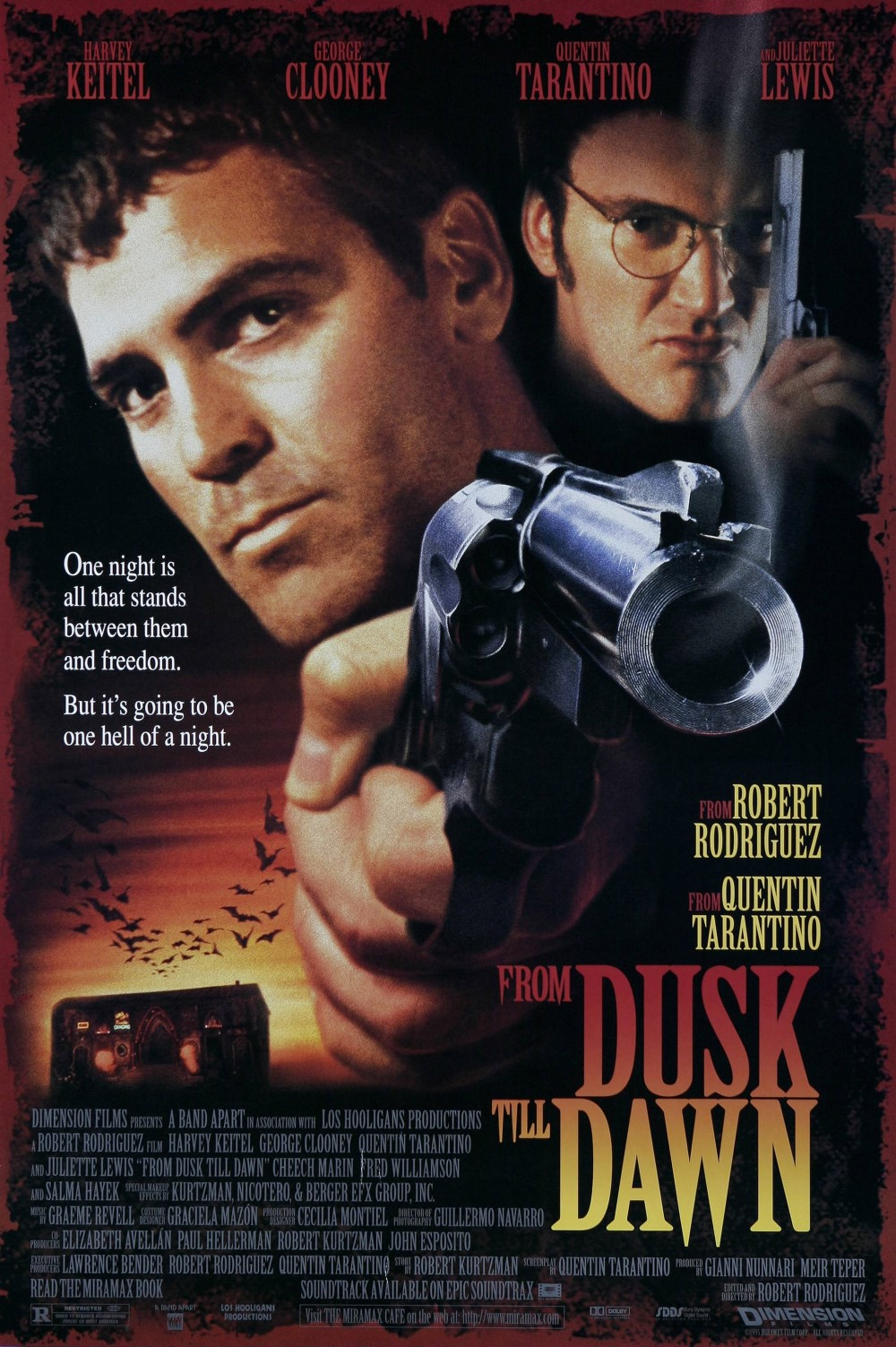It was a sad day for movie fans the world over as word came of the passing of Peter O’Toole and Tom Laughlin. O’Toole, 81, passed away earlier today in London after a long illness. A year older Laughlin, 82, passed away this past Thursday surrounded by his family. No cause of death was given. Both men shared an August birthday, with Laughlin 357 days the older.
While both men had completely different careers they both left their mark on Hollywood in their own way. Born in 1932 in Ireland, O’Toole carved out a career that culminated in eight Academy Award nominations for acting. Sadly, he never won the award competitively and holds the record for most nominations without a win. He received an Honorary Oscar in 2003, though he almost turned down the honor, claiming there was still time for him to win the trophy outright. Fittingly, he earned his eighth and last Best Actor nomination four years later for his work in the film “Venus.”
Discovering acting at the age of 17, O’Toole began his career by appearing on the stage. This experience led him to appearances on British television and the occasional film. In 1961 he achieved international stardom when he appeared in the title role of David Lean’s Oscar-winning epic “Lawrence of Arabia.” The film, which won Seven Academy Awards, including Best Picture, introduced the handsome, blonde haired O’Toole to a world of movie fans and earned him his first Oscar nomination. His next film, “Becket,” earned him his second nomination, pitting him against co-star Richard Burton, who ironically is second on the list of most nominated actors without an award with seven nominations. Both lost the award that year to Rex Harrison in “My Fair Lady.”
O’Toole earned two more nominations in the 1960s for his work in “The Lion in Winter” and “Goodbye, Mr. Chips.” He began the 70s with roles in films like “Murphy’s War,” “Man of La Mancha” and “The Ruling Class,” which earned him his fifth Oscar nod. He closed out the decade by appearing in the controversial film “Caligula.” A production of “Penthouse” magazine owner Bob Guccione, the film featured such distinguished performers as O’Toole, Malcolm McDowell and John Gielgud. The movie earned much of its notoriety when Guccione inserted hard-core sex scenes. O’Toole began the 1980s with two films that he will always be associated with. In “The Stunt Man,” he played a dictorial movie director who would risk everything (and everyone) to get the shot he wanted. He followed that with the classic comedy “My Favorite Year,” playing former swashbuckling actor Alan Swann, who is making his debut on a live comedy variety show. For his work here O’Toole earned Oscar nominations six and seven. He spent the majority of the 1980s in a series of big budget comedies including “Supergirl,” “Creator,” “Club Paradise” and “High Spirits.”
The 1990s were a slower time for O’Toole, with appearances mostly in small roles on both the big and small screen. He continued to work after receiving his honorary Oscar and, in 2006, he earned another nomination for his work in the film “Venus.” The next year he voiced critic Anton Ego in the smash Disney animated film “Ratatouille.” He continued to work up until his death and will be seen next year in the film “Katherine of Alexandria.”
Born in Milwaukee, Thomas Robert Laughlin probably did every job imaginable on a film set at one time or another. A highly spiritual man, Laughlin once contemplated leaving Hollywood and started a Montessori School for pre-school aged children. He began his career in the mid-1950s, appearing on episodic television and in small film roles, including Lt. Buzz Adams in the musical “South Pacific.” He continued on in small roles on television and in films until 1967, when he first appeared as Billy Jack in the biker film “The Born Losers.” Laughlin also directed the film under the pseudonym T.C. Frank (taken from the names of his children, Teresa, Christina and Frank). In 1971 he changed the way films are marketed with the popular film “Billy Jack.” The story of a former Marine who takes it upon himself to protect the students at a school run by a friend, Laughlin again directed (under his pseudonym) and co-wrote the film with his wife and co-star, Delores Taylor. Not able to find a studio to release the film, Laughlin took the film from town to town and rented out theatres with his own money. He then paid for the advertising and kept the profits the film earned. This is what is now referred to as “four walling” in the industry. The film went on to gross over $30 million and remains a cult classic. He later wrote, directed and starred in two more “Billy Jack” films: “The Trial of Billy Jack” and “Billy Jack Goes to Washington.” He capitalized on his new fame by appearing in such films as “The Master and the Gunfighter,” The Littlest Horse Thieves” and “The Big Sleep.” He attempted to make a fifth “Billy Jack” film but was injured during production. The film was never restarted. His last on screen role comes in 1981’s “The Legend of the Lone Ranger.”
Laughlin spent his later years involved in politics, psychology and medicine. He ran for President of the United States in 1992, 2004 and 2008.

